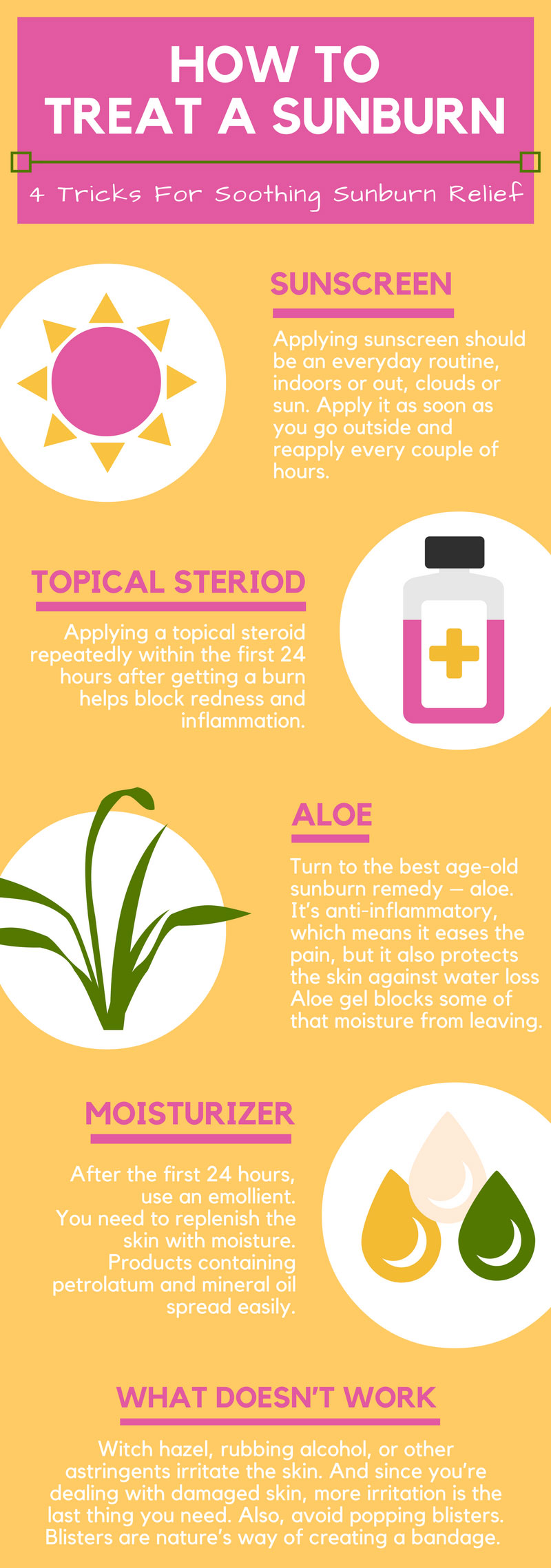Misconceptions And Facts Regarding Acne: Debunking Common Misconceptions
Misconceptions And Facts Regarding Acne: Debunking Common Misconceptions
Blog Article
Authored By-Webb Trolle
You might assume that indulging in delicious chocolate or oily foods is the source of your acne, but that's just among several misconceptions swirling around this usual skin problem. Actually, acne mostly originates from blocked hair roots, not your last treat. Misunderstandings like these can lead you to take on inefficient skincare practices that may also aggravate your scenario. As you browse the truths behind acne, you'll discover understandings that can transform your strategy to skin care and help you attain more clear skin. So, what really lies below the surface area?
Common Myths Concerning Acne
When it comes to acne, many people rely on common myths that can result in confusion and stress. One common misconception is that eating delicious chocolate or greasy foods creates acne. While diet can influence skin health and wellness, the direct link between details foods and acne isn't as well-defined as several assume.
Another typical false impression is that you ought to scrub your face intensely to improve outbreaks. In truth, hostile rubbing can irritate your skin and worsen acne.
You may additionally think that acne just influences teens, but adults can experience it as well, frequently due to hormonal adjustments or tension. Some individuals think that tanning can clear up acne, but sun direct exposure can actually lead to skin damage and aggravate breakouts over time.
Finally, lots of believe that making use of severe items will remove acne quickly. Nonetheless, these products can strip your skin of its all-natural oils, resulting in increased irritability and more outbreaks.
Scientific Facts Behind Acne
Recognizing the scientific truths behind acne can encourage you to tackle this common skin problem more effectively.
Acne happens when hair roots end up being clogged with oil, dead skin cells, and bacteria. This process typically starts with an overflow of sebum, the oil your skin naturally generates. https://www.mercurynews.com/2021/04/20/trump-claimed-melania-never-had-cosmetic-surgery-before-face-shaming-mika-brzezinski , especially during adolescence or menstruation, can cause this excess oil.
Bacteria called Propionibacterium acnes prosper in these stopped up pores, leading to inflammation. When your immune system reacts, it can cause redness and swelling, resulting in those pesky acnes or cysts.
Genetics also play a role; if your moms and dads had acne, you might be extra prone to it.
Diet regimen and stress levels can influence acne also, but research study is still evolving in these areas. While delighting in greasy foods won't directly cause outbreaks, a well balanced diet regimen can sustain your skin health.
Likewise, handling anxiety can reduce hormonal variations that might worsen acne.
Tips for Taking Care Of Acne
Handling acne efficiently calls for a combination of day-to-day skincare practices and way of living modifications. Beginning by developing a consistent skincare routine. Clean your face two times a day with a gentle, non-comedogenic cleanser to remove dirt and excess oil. Avoid scrubbing check out here , as this can aggravate your skin and get worse acne.
Next off, include regen labs containing salicylic acid or benzoyl peroxide to help avoid outbreaks. Constantly follow up with a light-weight, oil-free moisturizer to keep your skin hydrated. Don't forget sun block; go with non-comedogenic options to protect your skin from UV damage without blocking pores.
Past skincare, take notice of your diet regimen. home microneedling and oily foods, and concentrate on fruits, veggies, and whole grains. Staying hydrated is essential, so beverage plenty of water throughout the day.
Furthermore, take care of stress through tasks like yoga, reflection, or workout, as tension can set off breakouts.
Last but not least, avoid choosing or standing out pimples. This can result in scarring and further swelling. If your acne persists, consult a skin doctor for personalized therapy alternatives.
Conclusion
Finally, it's essential to separate reality from fiction when it pertains to acne. By debunking usual misconceptions, you can better understand your skin and make educated options for your skincare regimen. So, why continue to rely on outdated concepts when the reality can empower you? Accept healthier practices, concentrate on mild cleaning, and bear in mind that managing acne is a trip. With the best expertise, you're one step better to clearer, much healthier skin.
